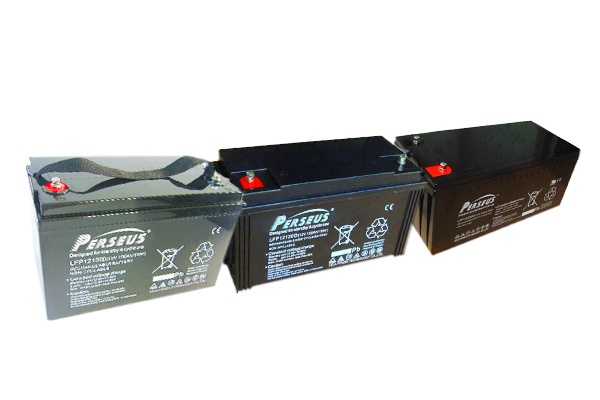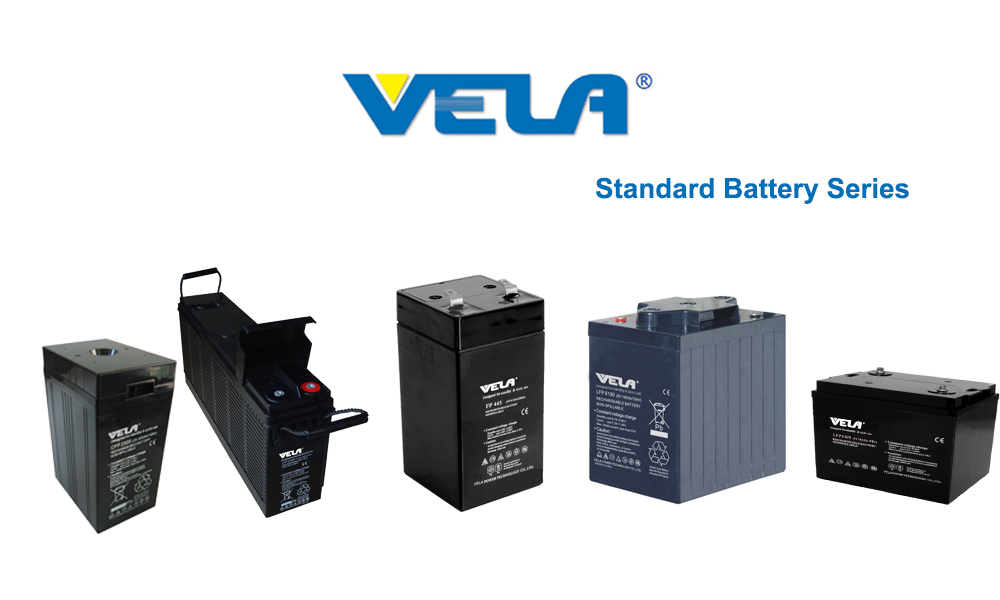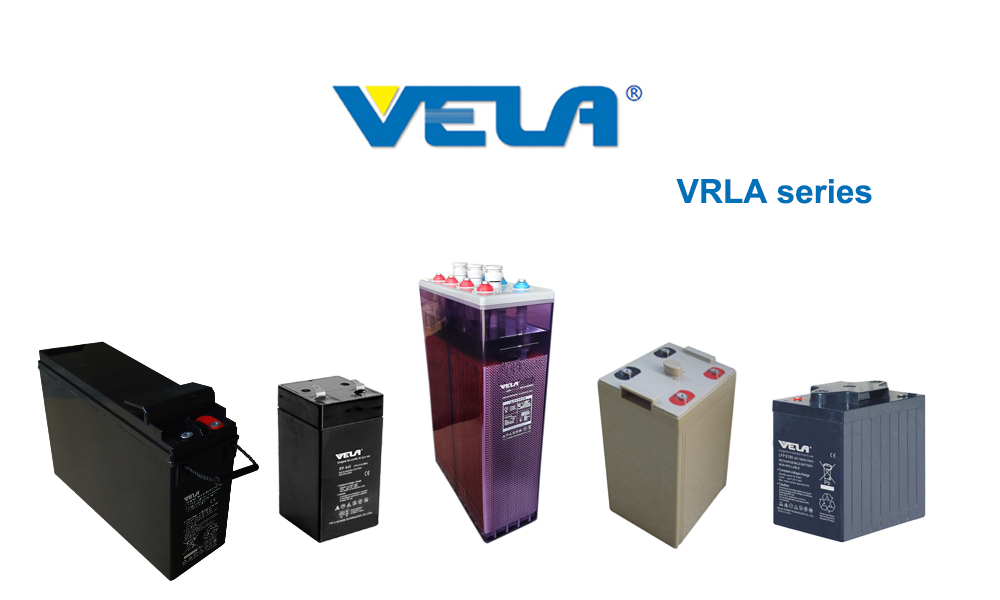
Do you know the best battery to use for solar panels ?
If you are considering installing a solar storage system, then you may want to know the best battery to use for solar panels. Even if you are not interested in being completely off the grid, finding the best battery for a solar system is a great way to get the most value from your investment.
Whether you are looking for a way to stay lighting in the event of a grid failure or want to offset demand costs, the continuous development of the solar storage industry has made batteries cheaper and more efficient. Although still an expensive option for home energy backup, batteries use free energy, which is more environmentally friendly than gasoline generators.
If you want to know which battery is best for solar storage, there is no one-size-fits-all answer. Make sure to keep your specific goals and budget in mind.

The best type of solar storage
1.Lead-acid battery
Lead-acid batteries have been used commercially for more than 100 years and have been used in off-grid solar systems for decades.There are several different types of lead-acid batteries, including wet or submerged lead-acid batteries, gel batteries, and absorption glass mat or AGM batteries. For decades, wet battery deep-cycle batteries have been a must-have for off-grid systems, providing reliable storage at a relatively low cost.
However, a fully charged battery needs to be replenished with water regularly to prevent the electrolyte from evaporating during the charging process. Although gel and AGM do not require this additional maintenance, they are generally more expensive and have a shorter battery life.For all types of lead-acid batteries, their popularity depends in part on the ratio of watt-hour capacity to cost. However, as one of the cheapest options for backup batteries, they have a shorter lifespan and lower DoD (about 60%) compared to lithium-ion batteries.
The battery life is relatively low, and you may find yourself replacing it every few years. If you don’t care and use the battery correctly, you can shorten this time. In addition, lead-acid batteries are often heavy and large, and if they are overcharged, they can produce harmful gases.
Another thing to note is that they require regular use, maintenance and ventilation. If you cannot use and maintain the battery regularly, you should keep this in mind.Although lead-acid batteries are an economical and proven method of solar storage, their low DoD and regular maintenance may make them an impractical backup system for grid-connected homes or businesses.

2.Lithium Ion Battery
Lithium-ion batteries have grown into the most popular solar storage method, and with the continuous development and improvement of electric vehicle companies such as Tesla, lithium-ion batteries are rapidly improving and becoming cheaper.
As a smaller and more durable option, lithium-ion batteries are ideal for solar backup, but they are more expensive than lead-acid batteries.Lithium-ion batteries have a higher DoD (about 80%-90%) than lead-acid batteries, which means you can use more battery charge to power the load. They also have a longer battery life, which means their service life is longer than that of lead-acid batteries, which can help offset the initial cost.
If you want to power equipment that uses a lot of electricity (such as heavy electrical equipment), lithium-ion batteries are often better than lead-acid batteries with lower power.Despite the potential safety hazards of fire, lithium-ion batteries do not produce toxic gases like lead-acid batteries. They also require little maintenance, and their lighter body means easy installation.
3.Salt water battery
Salt water battery is also called Brine batteries or sodium batteries use salt to generate electricity. Their ability to produce non-toxic, long-lasting energy makes it a safer choice. Unlike lithium-ion batteries, brine batteries can be drained. If you try to do this with lithium-ion or lead-acid batteries, the batteries will be damaged, and they may malfunction.
Suggestion to choose the battery for solar panels.
If you are concerned about safety, it is best to use a salt water battery. They not only lack the harmful chemicals contained in lead-acid batteries, but also can work in a wider temperature range, and their chemical composition basically does not cause a fire hazard. They can also be completely recycled.
Although not as expensive as lithium-ion batteries, brine batteries are indeed more expensive than lead-acid batteries. Compared with lithium-ion batteries, they also tend to provide less in terms of capacity and power.
Therefore, whether you are most worried about the initial investment, overall efficiency or safety, the battery that is suitable for the solar system depends on your specific needs.




